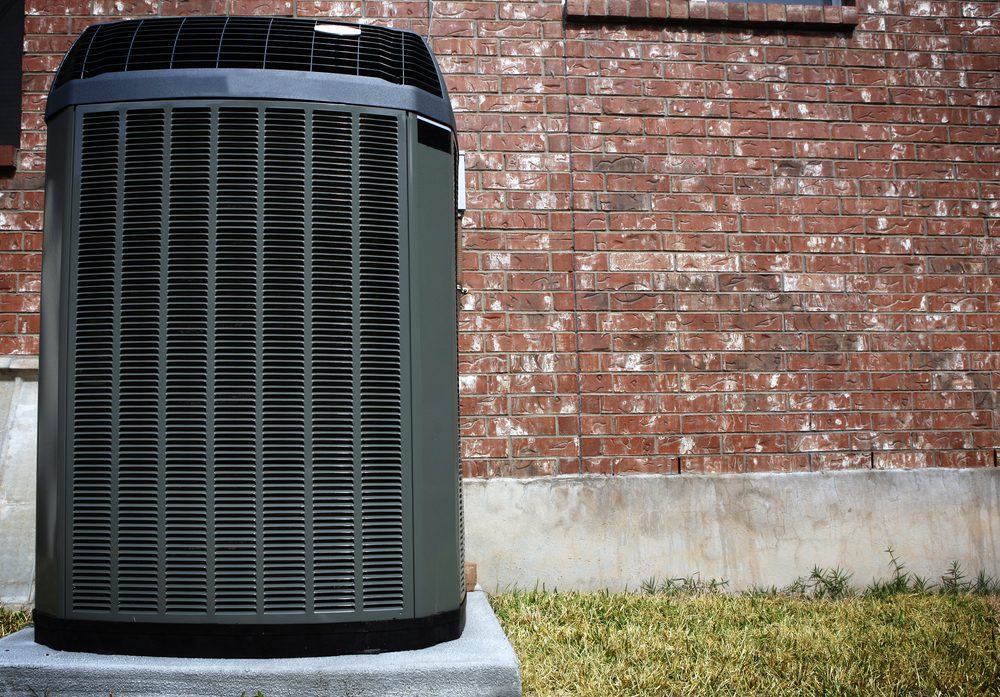It’s not the cold; it’s the lack of humidity

This should be a common wintertime saying, which is the inverse of the common summertime saying, “It’s not the heat; it’s the humidity.”
What happens in our homes during winter months that makes us uncomfortable? Cold air enters the home when doors are opened, and normal leaks in the exterior. This cold air is heated inside the home, and when it is heated, it can hold more moisture. So, it essentially sucks the moisture out of all the items (including you) in the house. What makes it even worse is that wood framing shrinks with less moisture, letting in more cold air.
We feel the dryness in our skin and nasal passages besides the static shock we receive when we touch a doorknob after walking across carpet.
The ideal winter comfort zone combination for people is an indoor temperature of 72˚F to 75˚F and relative humidity of 35 to 40%. If we set the thermostat at 68˚F, it will take a higher relative humidity to feel comfortable.
The most effective method of adding humidity to a home is to have a central humidifier attached to the duct system. These humidifiers are controlled by a humidistat which will turn the humidifier on when the furnace is on, and the actual humidity is below the set point humidity on the humidistat. A central humidifier is absolutely a must-have item to have a healthy house.
Other ways to add humidity to a home are not to operate bathroom exhaust fans or kitchen exhaust fans as long as you would in the summer. Some people will disconnect their clothes dryer hoses and put a nylon hose over them to catch dryer lint. This will add heat and humidity to the space and is not recommended with a gas clothes dryer.
You may notice moisture on the interior of windows when you open blinds or drapes in the morning. With thermal pane windows, this is nothing to worry about. Water vapor in the air is trapped between the closed window covering and the exterior glass, which can cause some condensation. With single-pane glass, too much humidity can become a problem.
The health effects of proper humidity in your home during winter are numerous. The more humidity in your home, the more your body can use its natural mucous defense to eliminate viruses in your respiratory tract. The dryer the air in your home, the thicker is mucous and the less effective it is in extricating viruses out of our lungs.
When you think about wintertime health, think about humidity!



